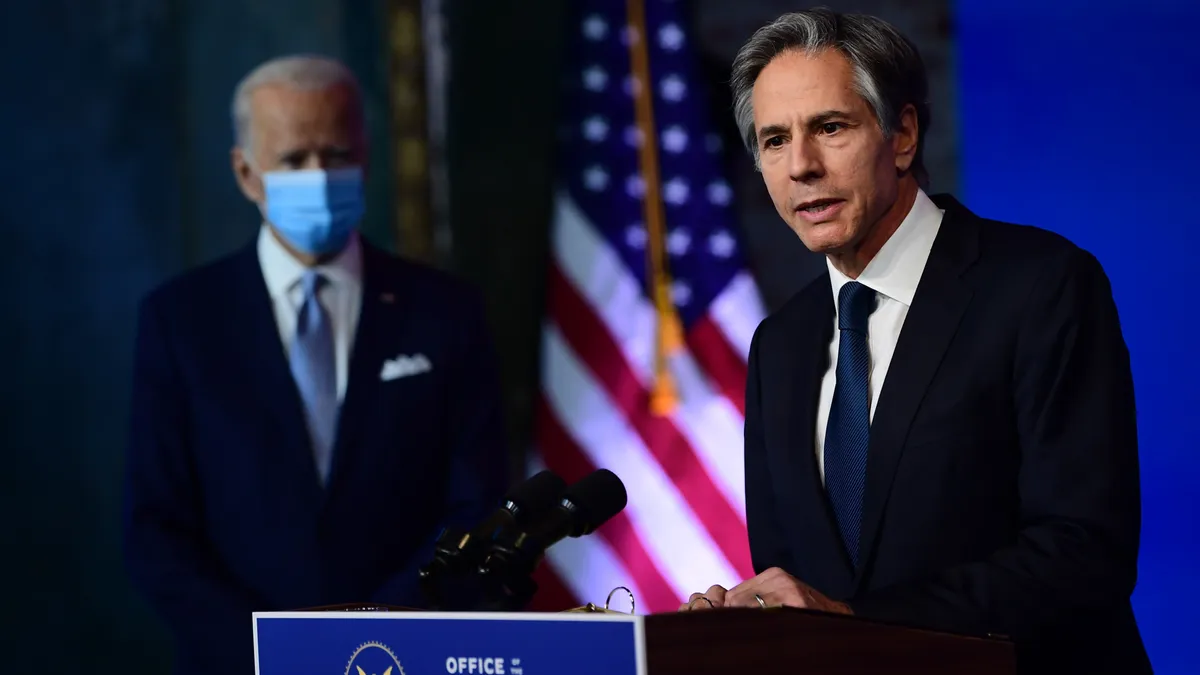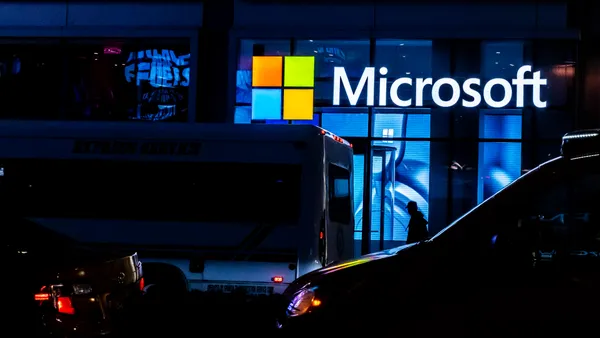Dive Brief:
- The U.S. State Department formally launched the Bureau of Cyberspace and Digital Policy on Monday, part of a longstanding effort to weave international diplomacy into federal efforts to combat the rise of malicious nation-state cyberattacks and the proliferation of criminal ransomware.
- The Senate will need to confirm an ambassador-at-large to lead the bureau. In the interim, Jennifer Bachus, who served as charge d'affaires and deputy chief of mission at the U.S. Embassy in Prague, was named principal deputy assistant secretary and will serve as the senior bureau official until an ambassador is confirmed.
- The Bureau opens at a critical time for U.S. cybersecurity policy, as U.S. and European critical infrastructure providers are on high alert for potential nation-state and ransomware attacks stemming from the Russian invasion of Ukraine.
Dive Insight:
The new government body will operate with three policy units: International Cyberspace Security, International Information and Communications Policy and Digital Freedom.
The Bureau will report directly to Deputy Secretary Wendy Sherman for at least the first year, said Ned Price, a State Department spokesperson, at a press briefing Monday.
Michele Markoff was named acting deputy assistant secretary for International Cyberspace Security. Stephen Anderson was named acting deputy assistant secretary for International Information and Communications Policy and Blake Peterson was named acting coordinator for Digital Freedom.
The bureau aims to help the U.S. more formally build international cooperation and intelligence sharing into the global effort to combat ransomware and malicious cyberattacks from rogue state-sponsored actors.
The Biden administration held a historic 30-nation virtual summit in October 2021, designed to encourage cooperation on combating ransomware attacks and crack down on the illicit transfer of cryptocurrencies that are used to finance many shadowy criminal gangs behind these attacks.
The FBI and Cybersecurity and Infrastructure Security Agency have worked closely with law enforcement and national cybersecurity agencies overseas to coordinate global efforts. However, experts on technology and diplomacy said a formal diplomatic arm was needed to streamline these efforts.
"We can really take a leading stance here to try to develop norms around what should and should not be done," said Brandon Pugh, policy counsel, cybersecurity and emerging threats at R Street.
Pugh emphasized that the State Department unit will help strengthen the overall U.S. effort, but won't negate or diminish existing cooperation been the various law enforcement, intelligence and cybersecurity agencies around the world.
"[The State Department] needs to build coalitions and set agendas for international cooperation to build security," said James Lewis, senior vice president and director of the Strategic Technologies Program at the Center for Strategic and International Studies. "This isn’t one size fits all and they’ll need different approaches in each region."
The State Department is also working to create an Office of Special Envoy for Critical and Emerging Technology.













